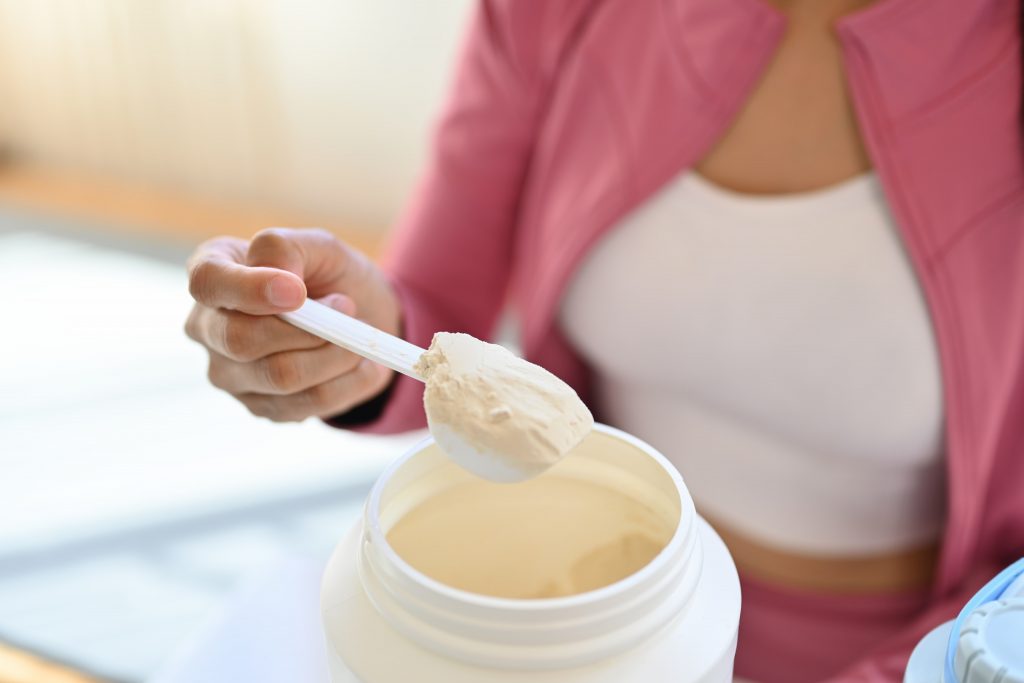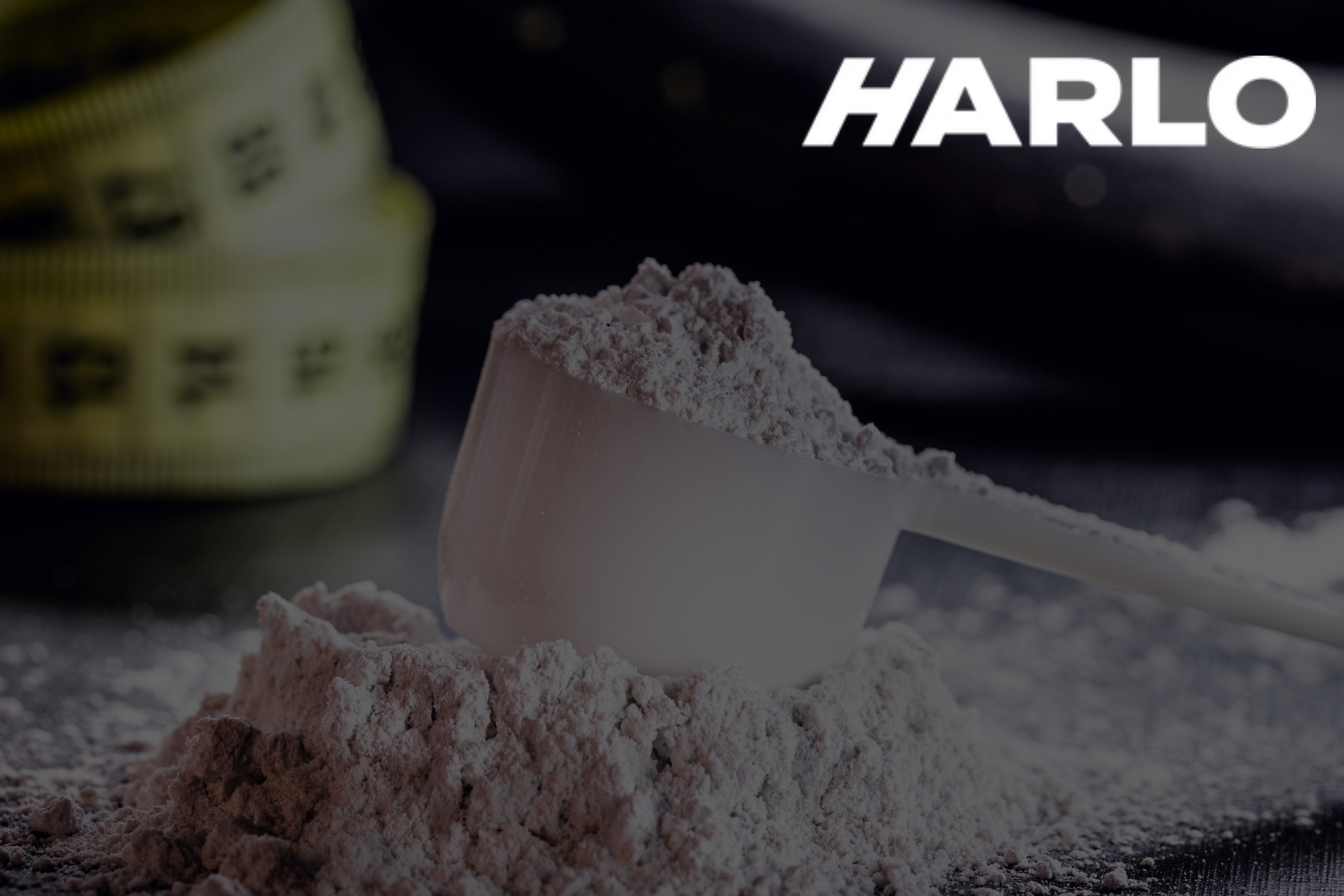In recent years, there has been a notable increase in the presence of female athletes in various sports and fitness activities. The traditionally male-dominated world of athletics is gradually witnessing a shift as women strive to excel and take their place on the podium. With this rise in female participation, the importance of nutrition in optimizing performance for female athletes has come into focus.
Proper nutrition plays a vital role in supporting athletic performance by providing the necessary fuel and nutrients for the body to perform at its best. However, the nutritional needs of female athletes can sometimes differ from their male counterparts due to factors such as hormonal fluctuations and body composition.
As such, this article will delve into the topic of creatine supplementation for female athletes. Creatine, a naturally occurring compound in the body, is known to enhance muscle strength, endurance, and recovery. Historically, it has been more commonly associated with male athletes, but recent research suggests that females can also benefit from its use.
This article will explore the potential benefits and considerations of creatine supplementation for female athletes, including its impact on muscle mass, anaerobic performance, and hormonal balance. Additionally, it will address any concerns or misconceptions surrounding creatine use in females and provide practical recommendations for those who may be considering incorporating it into their training regimen.
Understanding Creatine and Its Benefits for Female Athletes
The liver, kidneys, and pancreas create creatine, which is present in minor levels in several diets. During high-intensity exercise, it provides ATP quickly, which is essential for muscular energy metabolism.
Female athletes may benefit from creatine supplements for performance and muscular strength. It can boost power output, helping athletes contract harder and perform better. Creatine supplementation boosts muscle mass and recovery.
Research shows creatine supplementation is safe and effective for women. Creatine supplementation improves female athlete strength and power in several trials. Creatine has not been linked to any harmful consequences in women.
Creatine supplementation may help female athletes improve performance, strength, and muscular growth. Athletes should see a doctor or sports nutritionist before beginning a supplements plan to ensure it meets their requirements and objectives.
Enhancing Strength and Power Performance in Female Athletes
Creatine boosts female athletes’ strength and power, according to various studies. These encouraging research imply creatine supplementation may benefit women in strength-based sports.
One research on female collegiate athletes revealed that creatine supplementation increased leaping power and bench press strength. Another research found that creatine supplementation improved speed and muscular strength in female soccer players.
ATP, the energy source for muscular contractions, is increased by creatine. It also boosts phosphocreatine production, which regenerates ATP during severe activity. Creatine increases energy systems, improving muscular power and performance.
Creatine supplementation has mostly been studied on male athletes, however female athletes are seeing its advantages. Creatine supplementation may benefit women who lift weights, powerlift, or sprint.
Creatine supplementation improves female athlete strength and power, according to research. It boosts muscular function by boosting ATP and phosphocreatine production. Strength-training women may benefit from creatine supplementation.
Improving High-Intensity Exercise Capacity in Female Athletes
Creatine may help women do high-intensity exercise, according to recent studies. Energy generation has long been linked to creatine, a naturally occurring molecule. Few research have examined its effects on women.
Creatine supplementation was tested on female athletes who do high bursts of exertion. We found that creatine supplementation improved women’s high-intensity exercise capability. Creatine’s capacity to buffer intramuscular pH and defer tiredness improved performance.
Creatine increases phosphocreatine, which replenishes ATP, the body’s main energy source for muscular contractions. Creatine helps athletes perform better for longer by preserving ATP levels throughout intensive activity.
These results affect female sprinters and jumpers who need to exert themselves repeatedly. Creatine supplementation may boost high-intensity exercise ability and postpone tiredness. This may improve athletic performance and competitiveness. The appropriate dose and long-term benefits of creatine supplementation in female athletes need more study.
Supporting Muscle Recovery and Adaptation in Female Athletes
Creatine has long been recommended for male athletes’ performance and muscular growth. Creatine may also help female athletes heal and adapt, according to recent study.
Creatine supplementation reduces muscle injury and inflammation after intensive exercise, according to several studies. Female athletes sometimes injure their muscles more than male athletes, making this crucial. Creatine reduces muscle damage and inflammation, helping female athletes recover faster between workouts.
Creatine also boosts muscle protein synthesis, increasing muscular bulk and strength. Since hormonal variations make muscle gain tougher for women than men, this is particularly helpful for female athletes. Creatine may help female athletes exercise more effectively by enhancing muscle recovery and adaptability.
Female athletes may benefit from creatine supplementation for muscle healing and adaptation. Optimizing recovery between training sessions is possible by reducing muscle injury and inflammation and increasing muscle protein synthesis. With additional investigation, creatine may be an important substance for female athletes seeking optimal performance.
Considerations for Creatine Supplementation in Female Athletes
Creatine dose and timing for women differ. Women may need less creatine than males, according to research. In general, ladies should take 3-5 grams per day and males 5-10 grams. Note that body weight, composition, and exercise intensity vary per individual.
Creatine response variations between men and women are also noteworthy. Studies show that creatine supplementation may not improve performance in women. This may be related to hormonal variations, since testosterone helps build muscle protein.
Creatine supplementation must be customized for female athletes. Menstrual cycle and training objectives should be considered. Women may benefit from taking creatine during the follicular period, which follows menstruation, when estrogen levels are greater. Optimising creatine intake by exercise intensity and aim may also improve outcomes.
Women should take creatine at lesser doses based on their requirements and objectives. Remember that creatine reactions differ between men and women, and the menstrual cycle should be considered. Female athletes may improve performance and training by customizing creatine supplementation.
Safety and Misconceptions Surrounding Creatine Use in Female Athletes
Female athletes’ usage of creatine supplements has long been controversial. Many myths and concerns have raised questions about its safety and consequences on femininity and health. Dispelling these misconceptions and providing correct information is essential to empower female athletes to make educated decisions and use supplements responsibly.
Creatine is often thought to be just for guys. Totally false. Creatine supplementation boosts strength and power in women too. There is no indication that creatine harms femininity or hormonal balance.
Health risks are another problem. However, research has demonstrated that creatine in approved amounts is safe for healthy people. Despite popular belief, it does not affect the kidneys or liver. Hydration is essential to preventing gastrointestinal discomfort, the most prevalent adverse effect.
Female athletes must use reliable information and scientific data to choose creatine supplements. Healthcare professionals or sports nutritionists may advise on appropriate supplement usage to optimize advantages. Female athletes may safely use creatine to boost performance without sacrificing health or femininity.

Conclusion
Overall, it is important for female athletes to consider the potential benefits and considerations of creatine supplementation. The use of evidence-based approaches and individualized strategies is crucial in optimizing performance and minimizing potential risks. Creatine has been shown to enhance muscle strength and power, improve exercise performance, and support muscle recovery. However, it is important to note that individual responses to creatine supplementation may vary, and it is advisable to consult with a healthcare professional or sports nutritionist before initiating any supplementation regimen. In addition, the correct dosage and timing should be considered.









